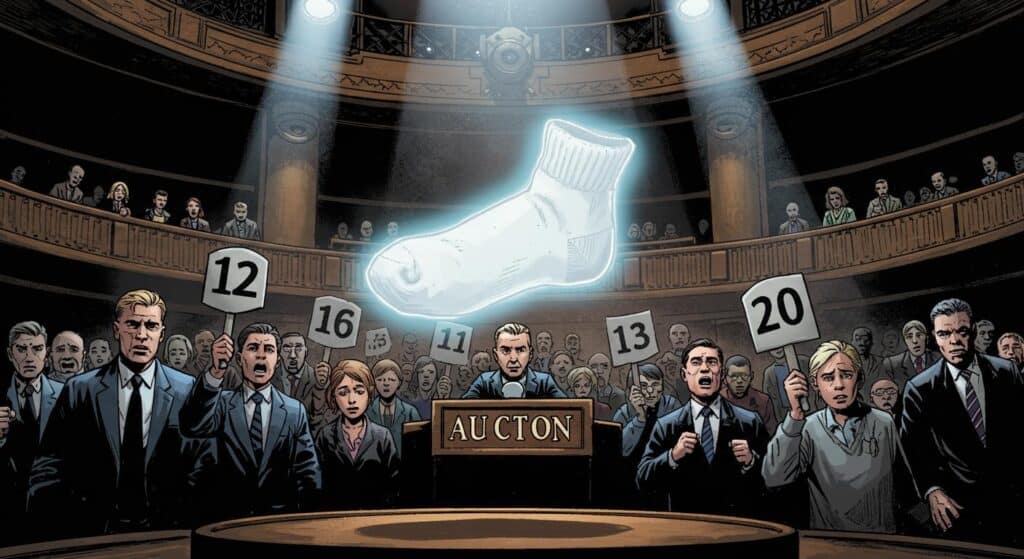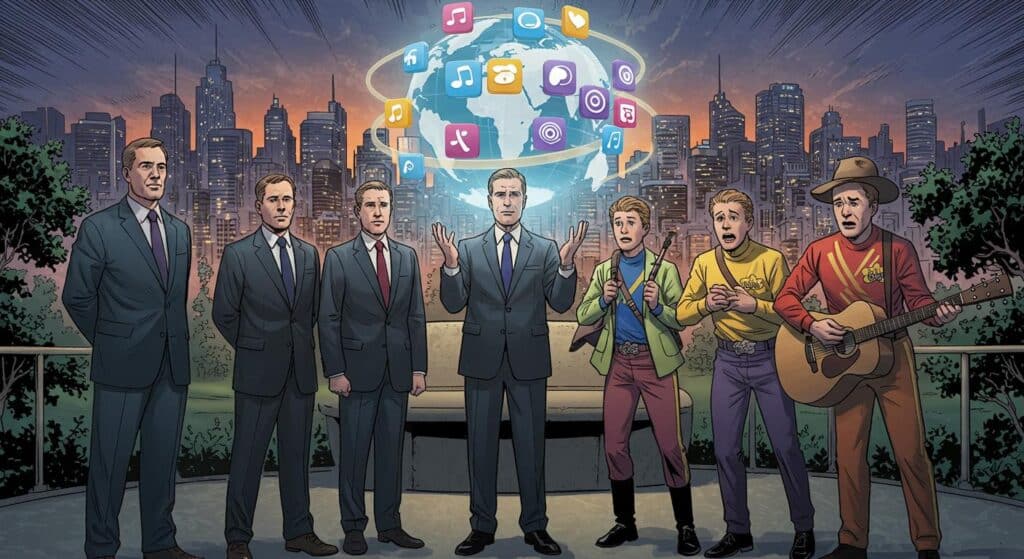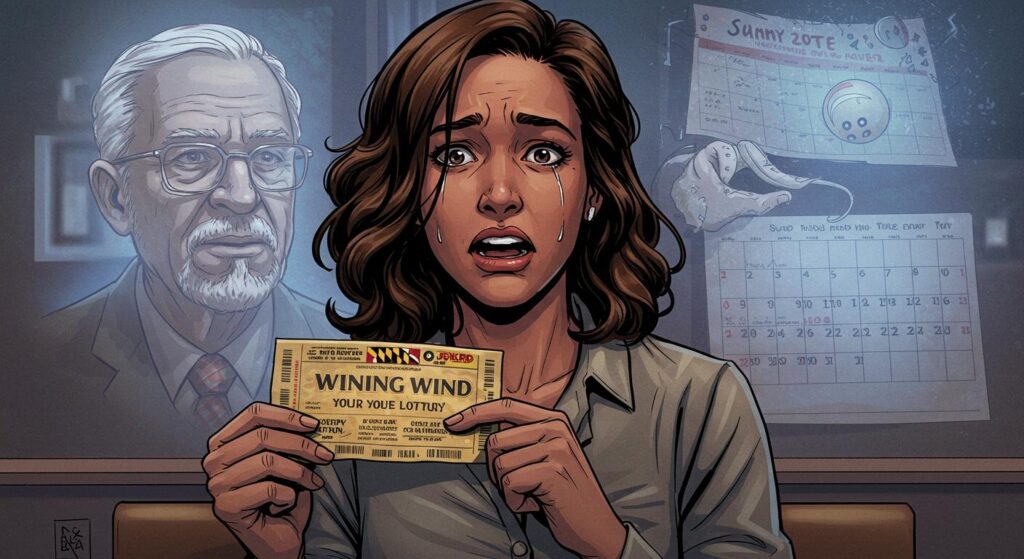If you thought you’d heard every possible reason for an Airbnb cancellation—no pets, not enough reviews, that ever-mysterious “unforeseen circumstances”—try this one on for size: “You’re from Wales.” Reporting by the Hereford Times reveals that a Manchester Airbnb host recently cancelled a Welsh couple’s reservation, citing their nationality as the explicit reason. Sometimes, fact-checking a story just reinforces how thoroughly reality trumps satire.
“It’s Because You’re From Wales.” No, Really.
According to details shared by the Hereford Times, Jemma Louise, a guest from Wales, received an abrupt cancellation after booking her stay. Screenshots from her chat with the host—featured in a now-viral video—make the reason plain: the host stated, “It’s because you’re from Wales.” No secret codes, just pure geographical honesty.
The ripple effect across the internet was immediate. The same report notes a deluge of responses: some viewers urged that the host should never receive another booking, while others, especially Welsh commenters, veered toward bemused disbelief. One quipped, “TF you mean ‘it’s because you’re from Wales’? Babes, we’re on a floating rock,” capturing the overall bafflement and cosmic indifference of such exclusion. Among the more tongue-in-cheek replies, a reference surfaced—if the host learned the guests hailed from Bettws as well, “you’d have been double cancelled.” There’s something distinctively British, and distinctly internet, about fighting discrimination with humor and hyperbole.
Airbnb’s Policy Thrust Into the Spotlight
When approached by the South Wales Argus, an Airbnb spokesperson responded to the situation—Hereford Times reports that the company emphasized its firm stance against discrimination of any kind, “including on the basis of nationality,” and noted that the host was promptly suspended pending investigation. The spokesperson went on to highlight Airbnb’s Open Doors initiative, described in the outlet as providing “timely, personalised and hands-on support” for anyone who feels discriminated against on the platform.
Grouped together in the Hereford Times’ account, further company policy details clarify that both hosts and guests must adhere to Airbnb’s community standards, which explicitly ban location-based discrimination. The company investigates all such incidents, reserving responses from education and warnings to permanent removal, depending on outcome.
As identified in the same coverage, public debate quickly turned to concerns over whether existing safeguards are adequate to catch—and correct—these more subtle forms of exclusion on digital platforms.
When the Peculiar Becomes Policy
The scenario is easy to laugh at from a distance: a host who seemingly draws a hard line at the Welsh border rather than, say, vetting for actual guest conduct. Yet, as the Hereford Times strings together the spread of this story across social media, it’s clear that the situation hits on larger questions about how online rental platforms actually enforce their lofty ethos of inclusivity. One wonders how much exclusion is masked behind innocuous excuses—and whether such cases prompt genuine change or simply nudge the creatively inhospitable toward ever stranger reasons for cancellation.
A Line in the Sand (or the Severn)
Petty cross-border prejudices rarely make headlines—let alone policy manuals—but the spectacle of this episode puts the flaws and oddities of peer-to-peer hospitality out in the open. As the Hereford Times points out, reactions largely break down into three camps: anger, ridicule, and disbelief, forming a trifecta that seems purpose-built for the age of viral outrage.
It raises a rather epistemological question—how do platforms and their algorithms begin to account for these niche, “micro-sovereign” biases? What fresh blacklist awaits next: Cornish pasties? In the end, perhaps the most important lesson for would-be travelers isn’t about which amenities a flat provides, but the increasingly creative logic one must navigate to avoid being denied a bed for the night.
Now, if you’re booking a stay, it might be wise to clarify: “Are people from Wales allowed?” Or, for risk mitigation, pre-screen for hosts with a robust sense of hospitality—and an even stronger grasp of geography.







